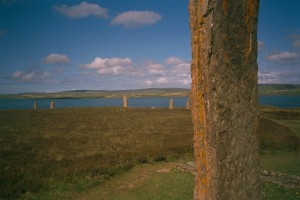In 2003, the slow spread of rural broadband was a real issue for businesses in the countryside. It seemed that most people in Pinkney read the Telegraph or Mail, but they were kind enough to speak to me anyway. Another Guardian article on how telephone exchange-based broadband works here, with a 2012 update here. Continue reading “The country switches on”
The country switches on
Broadband is finally conquering rural areas – and just in time for many businesses, writes SA Mathieson

